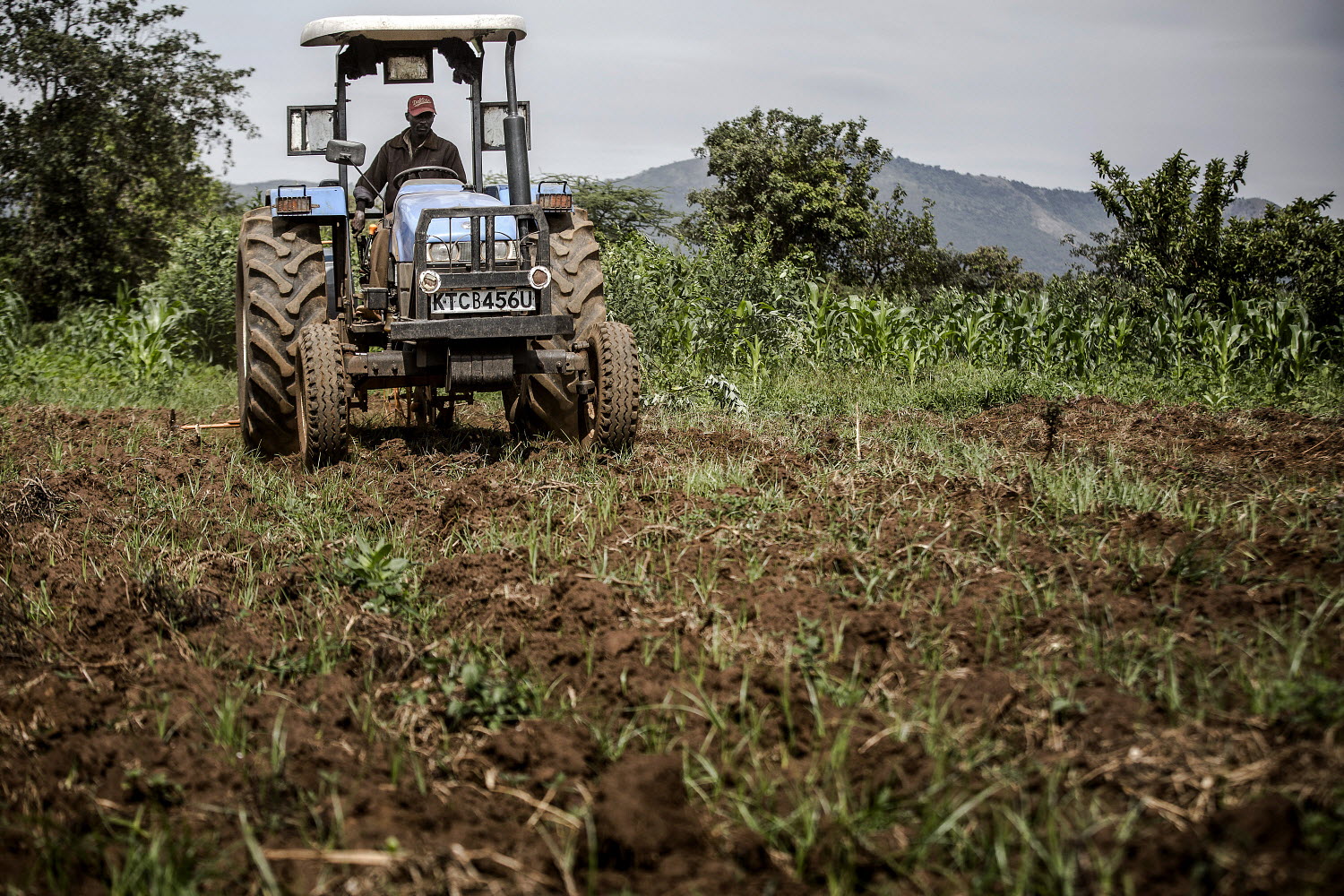
Mechanization: a game-changer for sustainable agrifood systems
From basic hand tools to sophisticated motorized equipment, mechanization covers all levels of farming and processing technologies. Where it is adopted, it can offer a range of benefits, helping to reduce hard labor, relieve labor shortages, improve productivity and efficient use of resources, enhance market access and mitigate climate related hazards. It can be a game changer for farm work – and a key component in developing sustainable agrifood systems.
The production and distribution of machinery and equipment for agricultural development, and innovations in this area, are driven by the private sector, and require substantial investment. To make mechanization truly sustainable - economically viable, socio-economically acceptable and environmentally friendly - it must be climate-smart and affordable, especially for small-scale farmers, and available to groups which are likely to face more challenges in accessing and using agricultural inputs, such as women and youth.
As technology advances, the opportunities for mechanization to contribute to productivity and efficiency multiply. Digitalization offers great potential for productivity gains, sustainability of agrifood systems and innovation in the agricultural sector, but ensuring successful adoption, especially in areas where digital literacy is lower, requires the involvement of a number of stakeholders, including manufacturers, dealers, repairers, digital solution providers, public institutions, financing enterprises, and mechanization hire service providers.
This process is supported by FAO and the European Agricultural Machinery Industry Association (CEMA), who have worked together since 2015 to promote sustainable agricultural mechanization across agrifood value chains, from production to post-harvest handling and processing. CEMA, an association whose network represents both large multinational companies and numerous European SMEs active in the sector, works to advance agricultural machinery and solutions for sustainable farming. Over the past seven years, the partnership has focused on regions where mechanization has the greatest potential to increase agricultural production and productivity and improve livelihoods.
The ongoing collaboration between FAO and CEMA also supports the operationalization of the Framework for Sustainable Agricultural Mechanization in Africa (F-SAMA). F-SAMA was launched in October 2018 following an Africa-wide consultative process conducted by the African Union Commission and the FAO. It helps to guide policy and decision-makers on mainstreaming sustainable agricultural mechanization in national and regional agricultural development programmes, focusing on boosting farm power through technology and innovative business models, promoting innovative financing mechanisms, and developing sustainable systems to manufacture and distribute mechanization inputs in AUC Member States and Regional Economic Communities in Africa.
Against the backdrop of rising fertilizer and energy costs, exacerbated by conflict, climate change, and the COVID-19 pandemic, FAO and CEMA have committed to advancing their joint work – renewing their collaboration for another four years – with the goal of promoting new technologies and business models and increasing available data on agricultural machinery.
Going forward, FAO and CEMA will also provide support to enhance F-SAMA’s geographical scope and coverage. This will build on the work undertaken by FAO thus far, which has included the creation of a suite of didactic materials and provision of capacity development for investors and mechanization service providers.
Read more:


